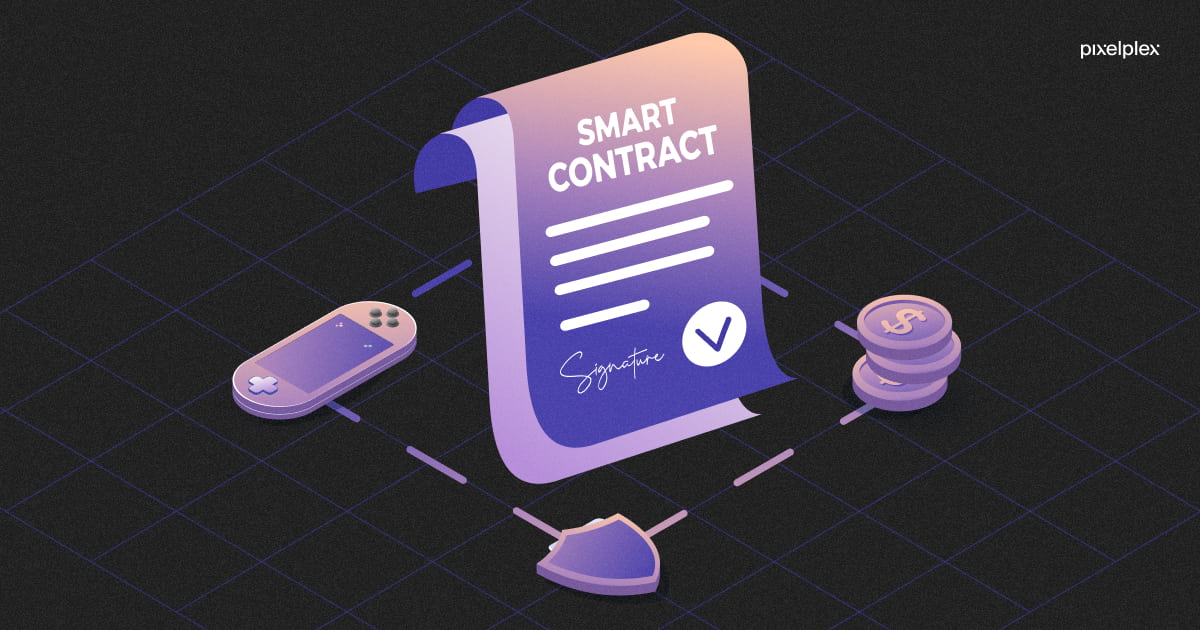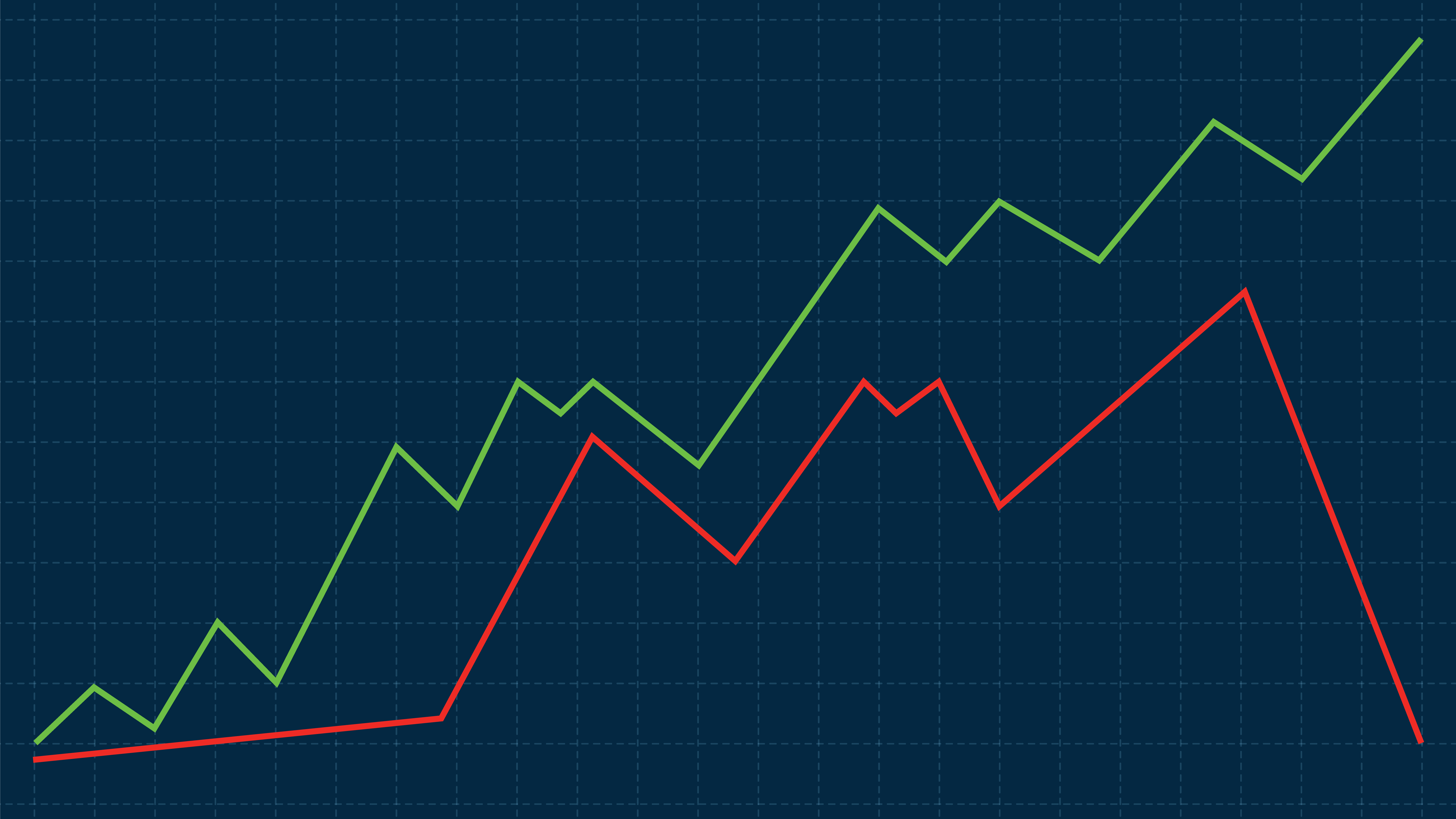Smart contracts are often considered one of the most innovative developments in blockchain technology. These digital contracts are drawn up, written, and stored on a blockchain and automatically executed when their terms are met. Unlike traditional contracts, which require intermediaries to be enforced, smart contracts operate on a decentralized network, enhancing transparency and reducing the potential for disputes.
In this article, we will take a closer look at the fundamental principles of smart contracts, their real-world applications, and what the future holds for this innovative technology.
How do smart contracts work?
Smart contracts are digital agreements that leverage blockchain technology to automate and enforce contractual terms without the need for intermediaries. They operate according to rules coded into a computer program and execute automatically when specific conditions are met. Their autonomous nature helps enhance efficiency and security, as all actions, terms, and clauses are immutably recorded on the blockchain. What’s more, once a smart contract has been created and activated, its rules cannot be altered, making it crucial that all parties involved fully understand and agree to the terms before execution.
What are smart contracts used for?
Smart contracts are used across various industries to automate and streamline processes, enhance efficiency and reduce costs. In the world of finance for example, they make it possible to set up automatic transactions, such as trade settlements, which eliminates the need for intermediaries. In supply chain management, smart contracts help track goods in real time, by automatically approving payments when delivery confirmation is received.
But smart contracts are probably best known for their application in the real estate sector to ensure that property titles are transferred when specific conditions are met. This innovative technology can also be applied to digital identity verification processes, and help create more secure voting systems, making them hugely versatile tools for enhancing transparency and trust.
Examples of successful smart contract applications
As mentioned above, smart contracts are having a significant impact on the healthcare sector, particularly in facilitating clinical trials, whereby sharing data between the institutions involved is crucial. The introduction of blockchain technology and smart contracts in these areas of management has made it possible to exchange data seamlessly, efficiently, and securely, ensuring all valid parties have access to the same accurate information. This capability fosters collaboration and trust among researchers, hospitals, and patients, making conducting large-scale trials a much smoother process.
Another example of the successful application of smart contracts can be found in the music industry. These digital agreements have transformed the way many artists manage royalty payments, providing a more efficient and transparent system. For instance, these contracts can be programmed to specify the percentage of royalty income owed to both the artist and record label and process instant payments when songs are streamed, played, or downloaded. This innovation has been particularly useful for emerging artists, as it ensures they receive compensation for their work in near real-time. One platform, Tune.fm, has embraced this technology by creating a tokenized music economy where artists can earn JAM tokens for every second their music is streamed.
The future of blockchain technology
The future of blockchain technology and smart contracts and their potential impact across numerous industries is constantly evolving. These digital agreements not only streamline processes and reduce costs for the parties involved, but they also foster greater transparency and trust among all stakeholders. By eliminating the need for intermediaries, smart contracts empower individuals and organizations to interact directly, enhancing efficiency in everything from financial transactions to healthcare data management.
For more information on innovations in the blockchain and crypto space, how to use Limitlex, or to open a trading account with us, visit www.limitlex.com.



